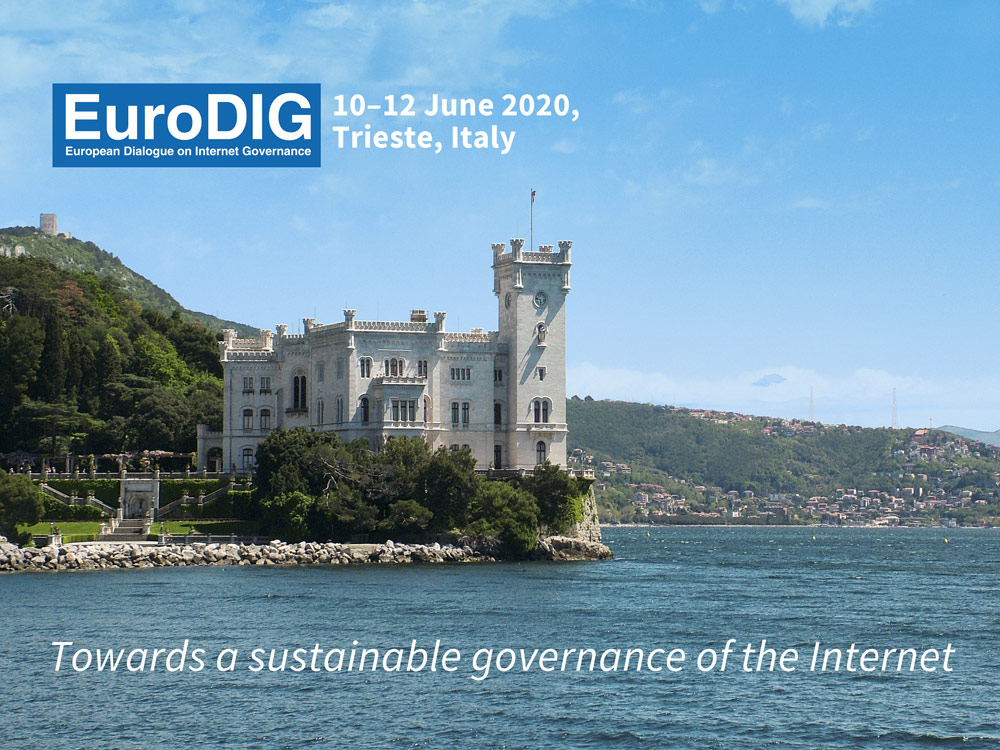Universal acceptance: A technical or a cultural issue?
12 Jun 2020 14:30h - 16:00h
Event report
The workshop aimed to find further ways of ensuring greater Universal Acceptance (UA) than we already have now, as a step towards making the Internet truly multilingual and multicultural.
Mr Dušan Stojičević (Gransy) shared some insights from the UA Steering Group (UASG) working to mobilise software developers to get their products UA ready, especially in terms of the new generic top-level domains (gTLDs), internationalised domain names (IDNs), and e-mail address internationalisation (EAI).
Notably, UA is not limited to IDN and EAI. Mr Patrik Fältström (Technical Director and Head of Security, NetNod) said that it is the ability of any user to type, create, and share content in his local language: ‘We have updated e-mail standards, in the W3C [World Wide Web Consortium], we have updated the various specifications for the World Wide Web, we do know how unicode works, but the actual software is the next step for UA.’ He also questioned dominant e-mail software developers such as Microsoft with Outlook, Apple with their e-mail client, and Google with Gmail, on why they still do not support UA features in their programs.
Mr Roberto Gaetano (EURALO Individual Users Association) and Mr Alberto Masini (Innovation Consultant) referred to the linguistic and cultural aspects of UA. It is important that people have all the tools that will allow the Internet to ‘speak’ different languages and to read different scripts. Gaetano raised the issue of social media interoperability to ease communication between people. He also mentioned that English is a minimum common denominator to communicate on the Internet, but that the use of English is a barrier especially for non-native speakers and for those who do not know the language at all. Masini said that we have to change the reputation of local languages, increase their visibility on the Internet, and encourage users to create and distribute such content on international platforms like Wikipedia, YouTube, and others. Moreover, translation today is much easier and less expensive than it used to be a couple of years ago.
Governments also have their own incentives to speed up UA. Ms Manal Ismail (Governmental Advisory Committee (GAC) Chair, Internet Corporation for Assigned Names and Numbers (ICANN)) shared the potential benefits of UA for governments. For example: increasing online communication with citizens, preserving culture and identity online, bridging the digital divide and ensuring the necessary digital transformation, and developing the local domain industry. She also shed some light on the GAC Working Group on UA and IDNs which reviewed the UASG case studies applicable to government interests, as well as developed communication strategies to educate governments about UA best practices.
Finally, Ms Maria Kolesnikova (Chief Analyst, Coordination Center for TLD .RU/.РФ) provided several examples of good projects in Cyrillic script: .РФ is a leading internationalised domain, with 745 000 registered domain names so far. IDNs are a part of local culture and identity on the Internet, and can become a global and historical phenomenon. In order for that to happen, we need to create new valuable local and universal projects. IDNs are best used by state authorities for governmental and national programmes. For example, Belarus had their census campaign last year using IDN domain names for this purpose. Another example is the digitisation of cultural and historical archive materials from state libraries and museums. A bottom-up approach to using IDNs is also successful in educational and cultural projects.
Related topics
Related event

